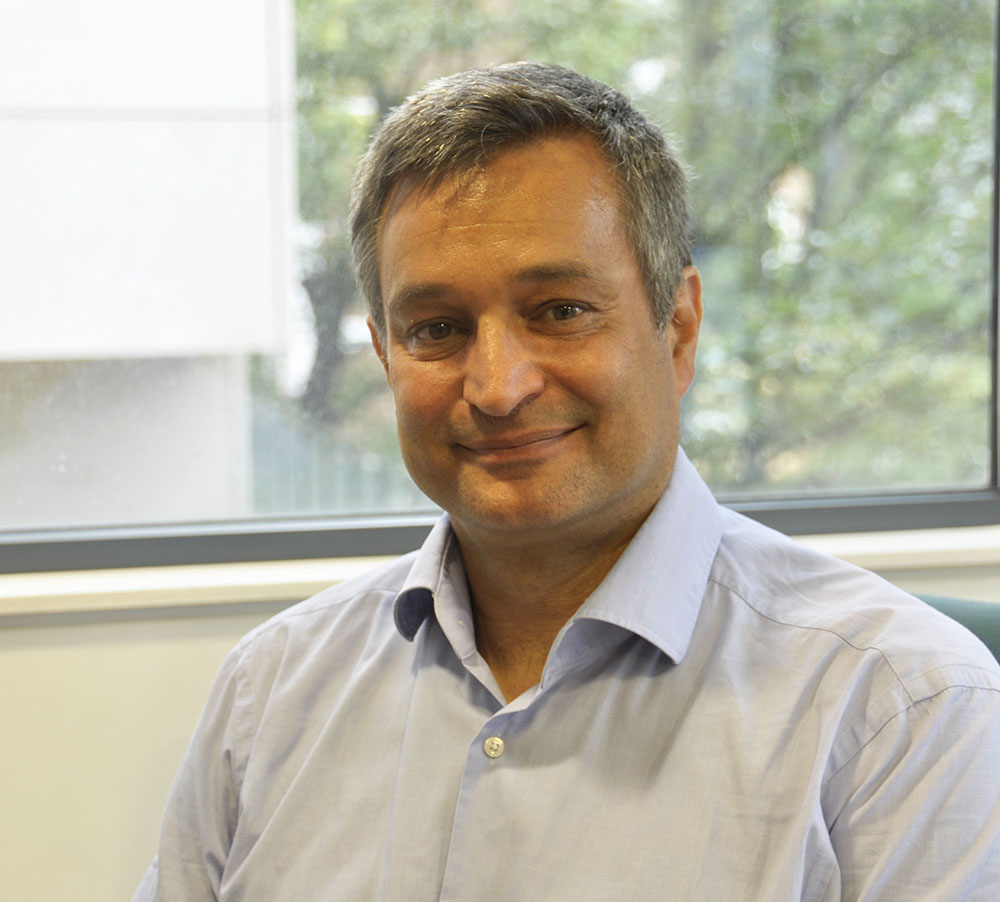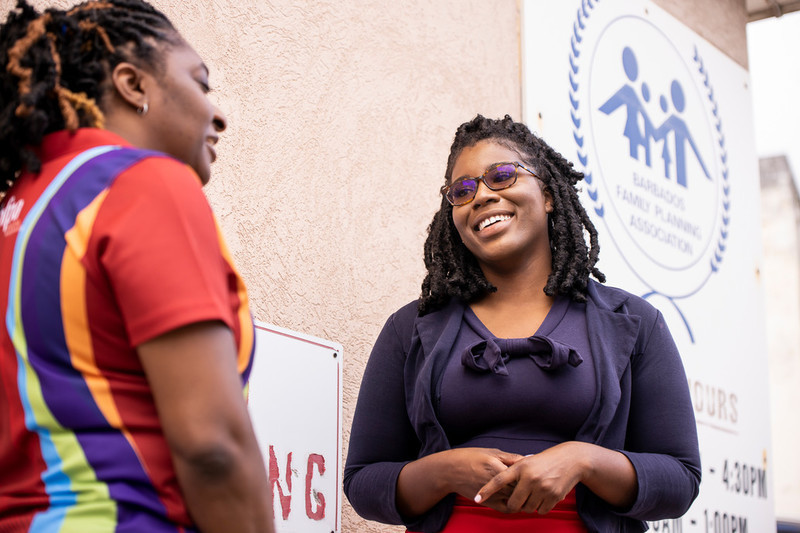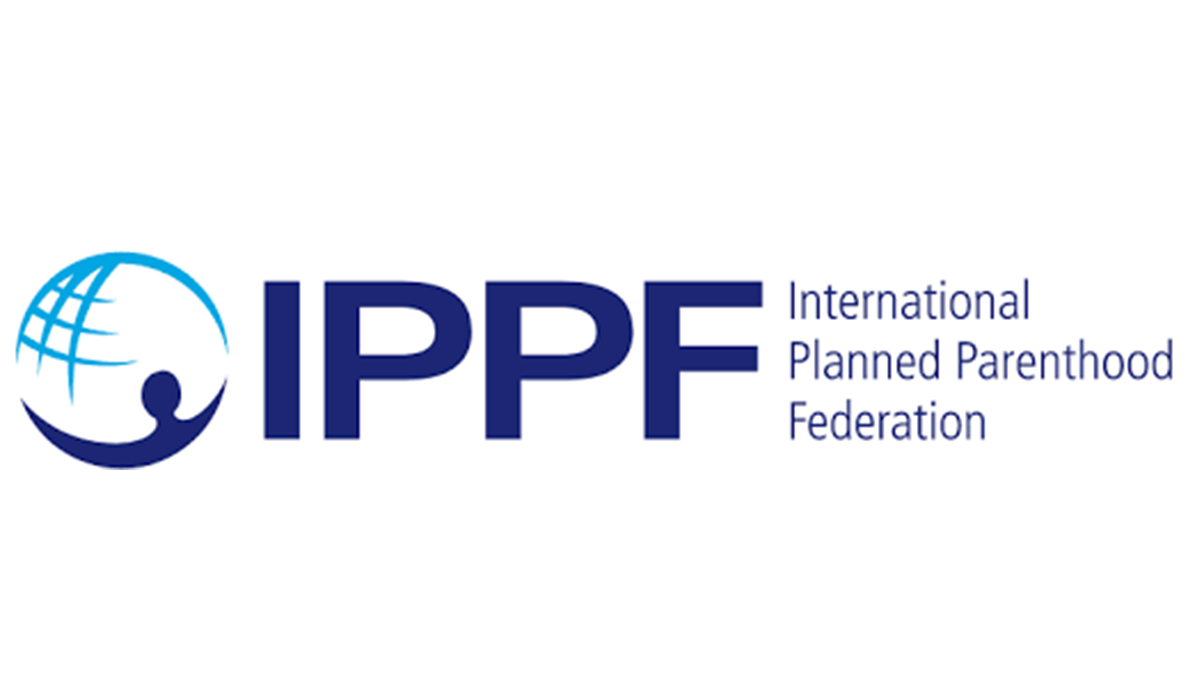International Planned Parenthood Federation (IPPF)
Dr. Alvaro Bermejo, Director General
IPPF and SheDecides share a vision that girls and women should decide freely about their sexual and reproductive lives. I am proud not only to be a SheDecides Champion, but also for the organisation I lead, IPPF, to be the host for the SheDecides Support Unit. It’s obscene that in the 21st Century we still have to answer the question of why a woman, or a girl should decide about their bodies, their lives, their futures. There should be no need to make the case for why, only how. The battle is ongoing, and as the goal posts change, we need to keep fighting as a shared movement for liberation. Being a SheDecides Champion means sharing my personal – and professional – commitment to national movements and building on our already strong global footprint. It means truly coming together for women’s rights, sexual and reproductive health, rights, and justice and ensuring no one is left behind.

Centres of Excellence on Comprehensive Sexuality Education
A Centre of Excellence on CSE and youth-centred programming is an IPPF member association that acts at national level as a centre of excellence, and expands/strengthens the (regional/linguistic/global) network of IPPF member associations (MAs) and other civil society organisations (CSOs) by sharing best practices and mutual learning on CSE quality implementation and scale up.
The Regional CoEs are hosted by three IPPF Member Associations: Association Togolaise Pour Le Bien Etre Familial (ATBEF) in Togo (supporting the region of Francophone Africa), Asociación Pro-Bienestar de la Familia Colombiana (Profamilia) in Colombia (supporting the Americas and the Caribbean), and Planned Parenthood Association of Ghana (PPAG) in Ghana (supporting Anglophone Africa). ATBEF, Profamilia, and PPAG work closely with Rutgers (Netherlands) for technical guidance.
The CoE for CSE will continue to be funded by GAC for the next 6 years.
Read More

About the International Planned Parenthood Federation (IPPF)
IPPF is a global healthcare provider and a leading advocate of sexual and reproductive health and rights (SRHR) for all.
Led by a courageous and determined group of women, IPPF was founded in 1952 at the Third International Planned Parenthood Conference. Today, we are a movement of 150 Member Associations and Collaborative Partners with a presence in over 146 countries.
Our work is wide-ranging, including comprehensive sex education, provision of contraceptive, safe abortion, and maternal care and responding to humanitarian crises. We pride ourselves on being local through our members and global through our network. At the heart of our mission is the provision of – and advocacy in support of – integrated healthcare to anyone who needs it regardless of race, gender, sex, income, and crucially no matter how remote.
Volunteerism is central to our healthcare delivery. It underpins the vital work of our members and their teams, whether through community outreach and distribution of contraceptive care or the regional Youth Action Movements championing change.
Read More
